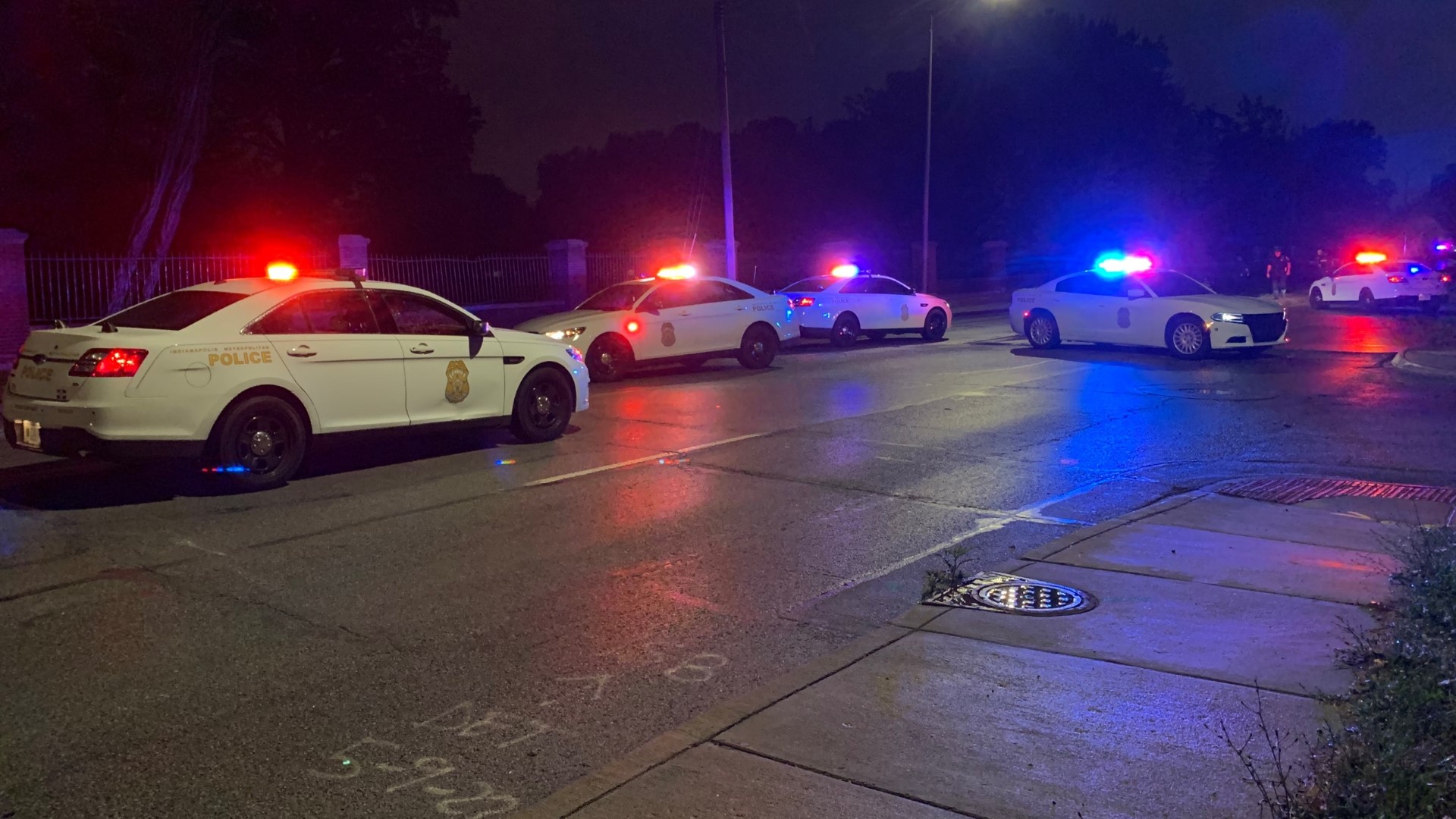INDIANAPOLIS — Police in Indianapolis will soon be trying out more new technology to fight crime.
IMPD notified east side residents and business owners that, over the next few weeks, the department will be installing a gunshot detection system to help cut down on crime.
The gunshot detection device is part of a pilot program other cities have been using for several years, and police want to find out whether it will work here.
Margaret Ramirez has worked on Indy's east side for three years, and for three years, "I hear the gunshots," she said.
The tell-tale sound of trouble.
"I know that it's not just this side of town, it's every side of town, but it's everywhere," Ramirez said.
Now, police say using that very sound may help them catch more criminals and save more lives.
They're trying out gunshot detection systems, devices that use a network of acoustic sensors installed in high-crime areas. When the sensor is triggered, an algorithm confirms that it is gunfire, filtering out sounds of fireworks or anything else, then sends an alert to police who respond.
"Sometimes, we don't receive a call when gunshots occur in a neighborhood and we want to respond. Our residents, our business owners expect a police response when they hear gunshots," said IMPD Cmdr. Matthew Thomas.
Police said they'll test out three different products over the next few months.
"We're optimistic and we expect that we will receive notification of a gunshot incident much more quickly," Thomas said.
Those sensors will start going up on utility poles, homes and businesses, as long as the owners are OK with it, such as Ramirez.
"That could be used to save someone's life," Ramirez said. "And hopefully, if it works over here, we can implement that and help everybody, and we can help keep everybody safer."
City leaders announced the $9 million investment earlier this year as part of a $150 million crime prevention initiative paid for with federal COVID-19 relief funds.
Police say they'll test out three different products over the next few months and work with IUPUI researchers to analyze the data.
Thomas said they hope to make a long-term decision later this year.
The technology is already being used in nearly 100 cities across the country, including South Bend, Cincinnati and Chicago.

